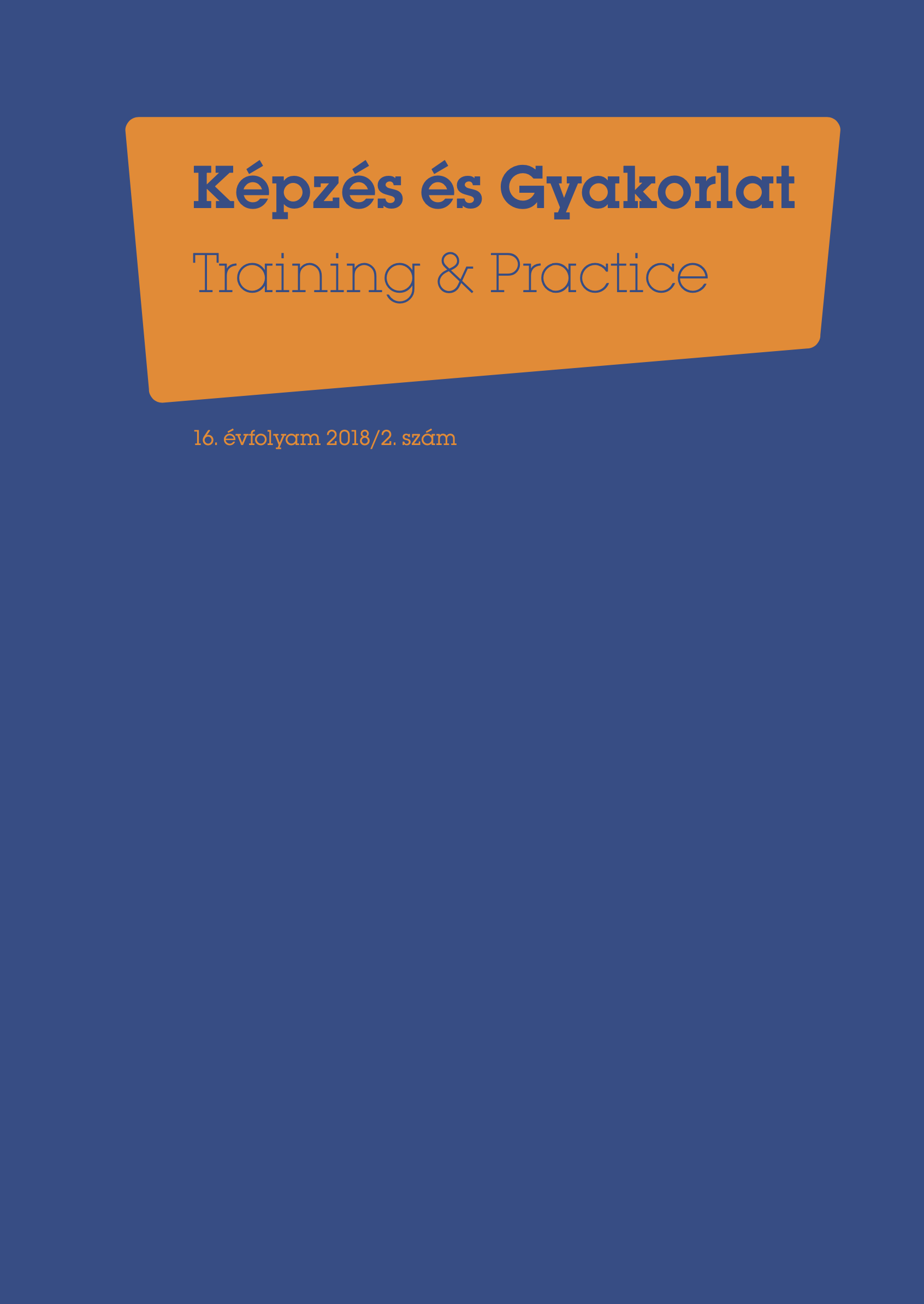Identity Formation in the Stories of Ivana Brlić-Mažuranić
DOI:
https://doi.org/10.17165/TP.2018.2.1Resumen
Identities of male and female characters in the stories of Ivana Brlić-Mažuranić are formed on a male-female binary opposition. The authors explain this thesis by analysing the leading male and female characters in the stories of Fisherman Plunk and His Wife (Ribar Palunko i njegova žena) and Stribor's Forest (Šuma Striborova). Despite the predominance of the patriarchal model in the social context, the authors point to the distinction between women's activity and courage and the passivity and naivety of male characters. The stories show a gradual evolution of the male protagonists, influenced by female persistence, motherhood, as well as parenthood. The development of the characters mentioned above goes hand in hand with the motif of travel, as a metaphor of life, during which a thorough transformation of the patterns of behaviour and the system of values of the male characters occur.
Referencias
Bacalja, R. i suradnici. (2017). Mit i dječja književnost. Zagreb: Hrvatsko-pedagoško književni zbor.
Bergmann,W. (2007). Umijeće roditeljske ljubavi. Zagreb: Naklada Slap.
Berković, D. (2009). Od mizoginije do kulta: Etiološko čitanje Postanka 3. KAIROS - Evanđeoski teološki časopis, vol. 3, no. 2, 305–320. p.
Botica, S. (2013). Povijest hrvatske usmene književnost. Zagreb: Školska knjiga.
Brlić-Mažuranić, I. (2012). Priče iz davnine. Zagreb: Kašmir promet.
Čubelić, T. (1970). Narodne pripovijetke. Čakovec: Zrinski.
Detoni Dujmić, D. (1998). Ljepša polovica književnosti. Zagreb: Matica hrvatska.
Duda, D. (2012). Kultura putovanja. Uvod u književnu iterologiju. Zagreb: Naklada Ljevak. Frankl, V. (2010). Čovjekovo traganje za smislom. Zagreb: Planetopija.
Ivon, K. – Mataija, S. (2016). Metafora putovanja u Pričama iz davnine, Libri &Liberi, vol. 5 no. 2, pp. 341–356. DOI: https://doi.org/10.21066/carcl.libri.2016-05(02).0002
Janković, J. – Berc, G. – Blažeka, S. (2004).Neke opće i obiteljske vrednote u selu i gradu, Sociologija sela, vol. 42, no. 163/164, pp. 91–111.
Kamenov, Ž. – Huić, A. – Jugović, I. (2011). Uloga iskustva rodno neravnopravnog tretmana u obitelji u percepciji, stavovima i sklonosti rodnoj diskriminaciji, Revija za socijalnu politiku, vol. 18, no. 2, pp. 195–215. DOI: https://doi.org/10.3935/rsp.v18i2.978
Ljubetić, M. (2011). Filozofija roditeljstva – obiteljsko ili društveno pitanje? Pedagogijska istraživanja, vol. 8, no. 2, pp. 283–295.
Molvarec, L. (2016). Predodžbe djece i mladih u Pričama iz davnine, Libri&Liberi, vol. 5, no. 2, pp. 323–340. DOI: https://doi.org/10.21066/carcl.libri.2016-05(02).0001
Rakić, V. – Vukušić, S. (2010). Odgoj i obrazovanje za vrijednosti. Društvena istraživanja, vol. 4-5, no. 108-109, pp. 771–795.
Tamarut, A. (2015). Suvremena teologija braka i obitelji. Bogoslovska smotra, vol. 85, no. 3, pp. 679–700.
Descargas
Publicado
Número
Sección
Licencia
Derechos de autor 2018 Robert Bacalja, Katarina Ivon, Diana Nenadić-Bilan

Esta obra está bajo una licencia internacional Creative Commons Atribución-NoComercial-SinDerivadas 4.0.












